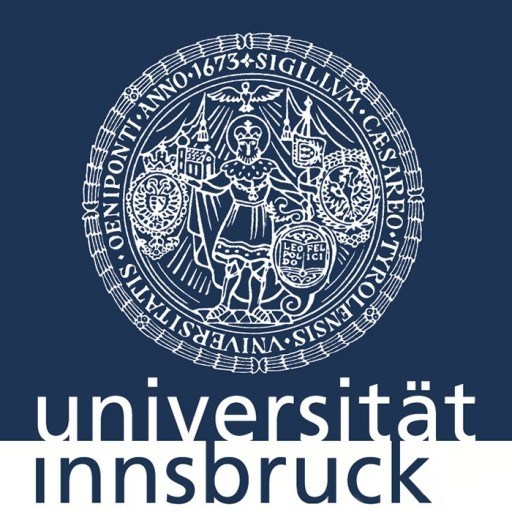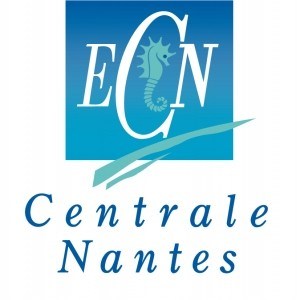Photos of university / #aaltouniversity
The Erasmus Mundus Master in Space Science and Technology is a prestigious international program designed to provide students with comprehensive knowledge and practical skills in the rapidly evolving field of space science. The programme is a collaborative effort among leading European universities, including Aalto University, and aims to cultivate highly skilled professionals capable of contributing to advanced space research, satellite technology, remote sensing, astrophysics, and space exploration. The curriculum combines rigorous academic coursework with hands-on projects, internships, and research activities, enabling students to gain both theoretical understanding and practical experience. Participants will have the opportunity to study at multiple renowned institutions across Europe, fostering an international perspective and intercultural competence. The programme emphasizes multidisciplinary approaches, integrating physics, engineering, computer science, and environmental sciences to address complex challenges in space missions, satellite development, data analysis, and space environment monitoring. Graduates of this master’s programme will be well-equipped for careers in academia, industry, governmental agencies, and international organizations involved in space activities. The program also promotes innovation and entrepreneurship in space technology, encouraging students to develop new ideas and solutions for future space endeavors. Scholarships and funding opportunities are available to support talented students from around the world. With a strong focus on research excellence, global collaboration, and sustainable space exploration, the Erasmus Mundus Master in Space Science and Technology prepares a new generation of experts ready to contribute to humanity’s understanding of the cosmos and the development of space-based technologies that benefit society at large.
The Course has a common first year for all students. 1st semester takes place at JMUW, Würzburg, Germany, 2nd semester takes place at LTU, Kiruna Space Campus, Sweden. During the 3rd semester the students are distributed among the six European universities. The students select the track of specialization for the 3rd and 4th semesters when they apply. The distribution for the 3rd and 4th semesters is finalized in the middle of the 2nd semester. During the 4th semester the students perform their Master thesis projects in the partner universities, associated partners and other space oriented companies and research organisations.
Bachelor’s degree or Swedish Kandidatexamen with a minimum of 180 ECTS.
Areas: physics (space, plasma, atmospheric, nuclear, particle, fluid dynamics, aerodynamics), space science, planetology, astronomy, atmospheric science, remote sensing, numerical simulations, mechanical engineering, electrical engineering, space engineering, aerospace engineering, robotics, automation, communication, electronics, mechatronics, control theory.
A minimum of 22.5 ECTS in mathematics at the university level is required.
Scholarships and Costs
Erasmus+ Scholarships
Erasmus+ scholarships will be awarded to students from Erasmus+ Partner Countries* for each of the three Rounds of SpaceMaster during 2015-2019.
* An Erasmus+ Partner Country is a country other than: an EU Member State, Former Yugoslav Republic of Macedonia (FYROM), Iceland, Liechtenstein, Norway or Turkey. To qualify students cannot have been residents nor have carried out their main activity (studies, training or work) for more than a total of 12 months over the last five years in one of the countries listed. The 5-year reference period for this 12-month rule is calculated backwards from the submission deadline.
The Consortium will define the number of scholarships for each Round in order to fulfill the shared funding principles outlined by the EU Education, Audiovisual and Culture Executive Agency (EACEA).
The Erasmus Mundus Joint Master Degree (EMJMD) Scholarship includes:
- Contribution to the participation costs 9 000 EUR per year for two years of studies
- Contribution to the travel and installation costs:
- 2000 EUR per year for travel costs + 1000 EUR for installation costs for scholarship holder resident in a Partner Country whose location is situated at less than 4000 km from the EMJMD coordinating HEI
- 3000 EUR per year for travel costs + 1000 EUR for installation costs for scholarship holder resident in a Partner Country whose location is situated at 4000 km or more from LTU (Kiruna)
- Contribution to subsistence costs: 1000 EUR per month for the entire duration of the Course (24 months)
All eligible applicants from the Erasmus+ Partner Countries are considered for the EMJMD scholarships. The EMJMD scholarships are offered based on eligible applicants’ merit rating including study records, professional, and experience abroad. Based on this merit rating, applicants are placed in a ranked order, from the highest merit rating to the lowest. The higher the merit rating you have, the better chance you have of being offered a place and a scholarship in the Course.
The Space Science and Technology — Erasmus Mundus programme is a highly specialized master's degree offered by Aalto University, focusing on the interdisciplinary fields of space science, space technology, and aerospace engineering. This program is designed to prepare students for careers in the rapidly evolving space industry, research institutions, and related technological sectors. The curriculum encompasses fundamental concepts in astrophysics, satellite technology, space mission design, Earth observation, remote sensing, and satellite communication systems. Students gain practical skills through lab work, project-based learning, and internships with industry partners, fostering both theoretical understanding and hands-on experience.
The programme is characterized by its international orientation, with courses delivered by a consortium of leading universities across Europe. It promotes international mobility, encouraging students to study in multiple countries and benefit from diverse academic environments and cultural experiences. The program includes collaborations with European space agencies and industry leaders, offering students opportunities for research projects, internships, and networking within the global space community. Graduates of the programme are equipped with competencies in space system engineering, project management, data analysis, and scientific research methods, making them highly competitive in the global job market.
Students are also exposed to the latest advancements in space exploration technologies, mission planning, and satellite data utilization. The programme emphasizes innovation, sustainability, and the ethical implications of space activities, aligning with contemporary challenges and opportunities in space policy and technology development. It is tailored for students with backgrounds in physics, engineering, or related disciplines who aspire to contribute to space exploration missions, satellite communication systems, Earth monitoring, or research in astrophysics. Overall, the Space Science and Technology — Erasmus Mundus programme offers rigorous academic training combined with international collaboration, preparing students to become future leaders in the field of space science and technology.







